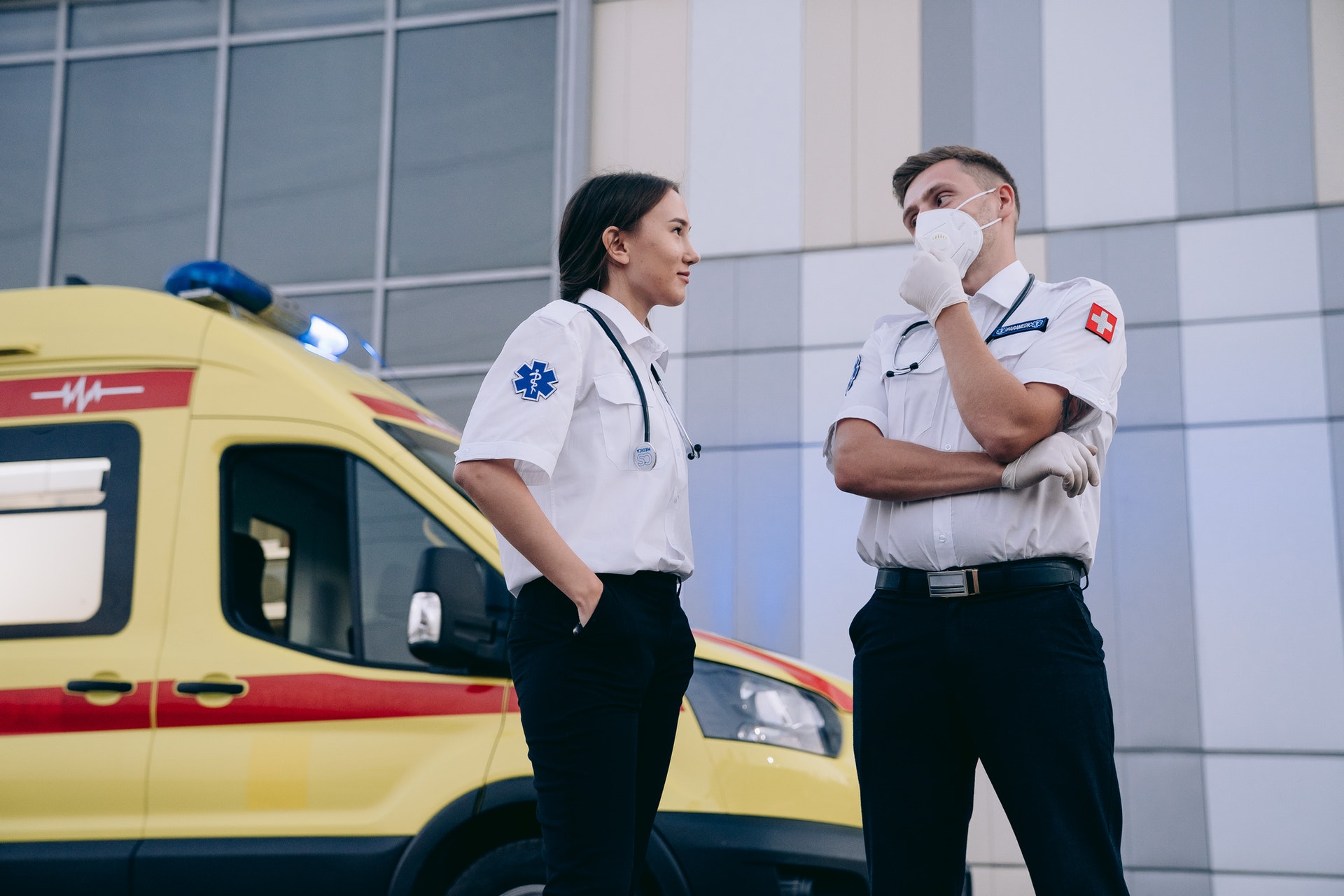A fairly recent idea is helping rescuers find next of kin in emergencies.
The idea called ICE (in case of emergency) was conceived by a paramedic in Britain and is catching on in the United States. The premise calls for cell phone owners to type the acronym ICE into their cell phones so that in case of emergency a loved one may be notified. They also advise putting in several, such as, “ICE-Dad,” or “ICE-Wife” so that if one person isn’t reached rescuers can try another.
What cell phone users should keep in mind is that sometimes phones are damaged in wrecks, or for instance, during the recent bombings in London. Because the phones can be damaged other forms of identification should also be carried.
According to a report in the Washington Post, paramedics, police and firefighters often waste valuable time trying to decide which name in a cell phone to call when disaster strikes. Current and retired members of emergency services said they must look through wallets for clues or scroll through cell phone address books and guess which person to call. Many people identify their spouse by name in their cell phone, which make it hard to distinguish from other entries.
“Sometimes dialing the number for ‘Mum’ or ‘Dad’ might not be appropriate, particularly if they are elderly, suffer from ill health or Alzheimer’s,” said Matthew Ware, a spokesman for the East Anglian Ambulance service, which is promoting the ICE initiative, according to the Post. “This would give paramedics a way of getting hold of the appropriate person in a few seconds.”
Bob Brotchie, a clinical team leader for the ambulance service conceived the idea after years of trying to reach relatives of people he was treating. He began the ICE initiative in April, but it gained momentum only after the bombings in London, when information about the plan spread via e-mail.
Ware said the East Anglian Ambulance service received 500 inquiries in six days, from South Africa, Canada, Israel, Germany, and several organizations in the U.S., including a security company from Utah working on the London bombings, police departments in Florida and Texas, and a company in Ohio.
Lt. Robert Stimpson, acting police chief of Madison, Conn., was one who called Ware, according to the Post report.
“I think it’s a great idea….It’s so simple I can’t believe that other people haven’t thought of it before,” said Stimpson. “Not only does it help emergency workers identify a responsible party when they come upon an unconscious person, it also helps identify the owners of lost cell phones.”
But there might be pitfalls according to Clark L. Staten, a senior analyst for the Emergency Response and Research Institute, a Chicago-based firm.
“There may be some privacy concerns: firstly, that the next of kin or the address or phone number could be accessed by someone other than a member of the emergency service,” Staten explained. “Secondarily, the information could become out of date, and the designated next-of-kin number is disconnected or you change your next of kin altogether. The worst, you don’t want them to call the ex.”
In an interview with CBS news, Brotchie addressed how to avoid such pitfalls.
“The advice is that you first agree with that person that they be that contact, so they’re aware of it,” Brotchie said. “They must [be able to] confirm your date of birth, your name, preferably your address. Hopefully, things such as allergies, blood type, any previous medical history that may be relevant, and then we can get that information to the hospital, perhaps before we leave the scene of an accident, and that will expedite treatment.”

